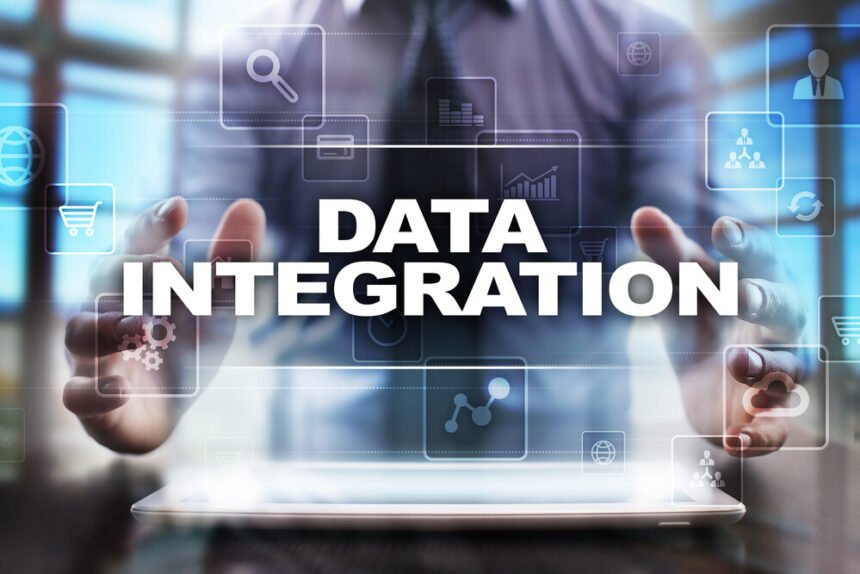The data integration landscape is under a constant metamorphosis. In the current disruptive times, businesses depend heavily on information in real-time and data analysis techniques to make better business decisions, raising the bar for data integration. The upsurge of data (with the introduction of non-traditional data sources like streaming data, machine logs, etc.) along with traditional ones challenge old models of data integration.
In this new reality, leveraging processes like ETL (Extract, Transform, Load) or API (Application Programming Interface) alone to handle the data deluge is not enough. For people striving to rule the data integration and data management world, it should not be a surprise that companies are facing difficulty in accessing and integrating data across system or application data silos. As per the TDWI survey, more than a third (nearly 37%) of people has shown dissatisfaction with their ability to access and integrate complex data streams.
Organizations must adopt transformative technologies like Artificial Intelligence (AI) and Machine Learning (ML) to harness the true potential of data, drive decision making, and ultimately improve ease of doing business.
Why is Data Integration a Challenge for Enterprises?
As complexities in big data increase each day, data integration is becoming a challenge. Truth is, data no longer lives in an enterprise – it lives in the cloud and across different systems. The emergence of new types and formats of data are adding to the diverse data fabric organizations have in place.
A variety of data integration tools are burdened with the functions of transporting data from one place to another. According to the majority of companies, that’s the difficult part so to speak. The reality is different, however. Integrating large, complex streams of data is difficult. If legacy solutions are used, it will take a lot of time and effort; IT teams will be burdened with complex custom coding and EDI mapping, and tasks like data onboarding, data mapping, and data integration will take months to complete.
What Are the Major Roadblocks?
- Data now resides across different segments and departments of an enterprise. It exists across cloud platforms and in different schemas (with multiple data dependencies).
- The current business landscape has become extremely disruptive. The data flows in different places; it gets copied and duplicated multiple times. With each system being handled by a different owner, data is now created as well as managed in a different way. As data flows, it is accessed by users and changes are made accordingly.
CIOs and leaders must consider data as an asset to capitalize on it completely. In case they fail to do so, data will always be viewed as well as used as a by-product of the business, ultimately inhibiting value and compromising experiences. The role of Artificial Intelligence and Machine Learning comes into play here.
How Can AI Transform Data Integration?
Artificial Intelligence and Machine learning play an important role in transforming data integration outcomes. Harvard Business Review predicted that AI will add a whopping $ 13 trillion to the global economy. so, understanding their importance is the key:
Faster Data Mapping: AI-enabled solutions can help users map customer data in minutes instead of months. This speeds up data transformation and decision-making. AI-data mapping tools allow even non-technical business users to create intelligent data mappings using Machine Learning algorithms. Not only will this increase the speed but also the accuracy of the data mapping process. While non-technical business users map and integrate data, IT teams can focus on more high-value tasks.
Improved Big Data Processing: By using Machine Learning algorithms, users can ingest, integrate, and analyze big data at speed and scale. Legacy solutions lack precision and speed while handling big data. Machine Learning, on the other hand, can empower business users to parse through the big data structure to form data models with minimal coding.
Better Intelligence Through Autonomous Learning: By automating data transformation, AI allows users to identify the hidden patterns and trends from the curated large datasets and leverage statistical modelling to generate accurate insights at the speed of business.
Next-gen technologies such as AI and ML are acting as catalysts for change. The elimination of manual efforts and higher levels of accuracy introduced by these solutions have transformed data integration in its entirety. And the future of these technologies looks bright that, eventually data will be able to integrate itself (based on what it has learned and share the learnings with machines and man).









